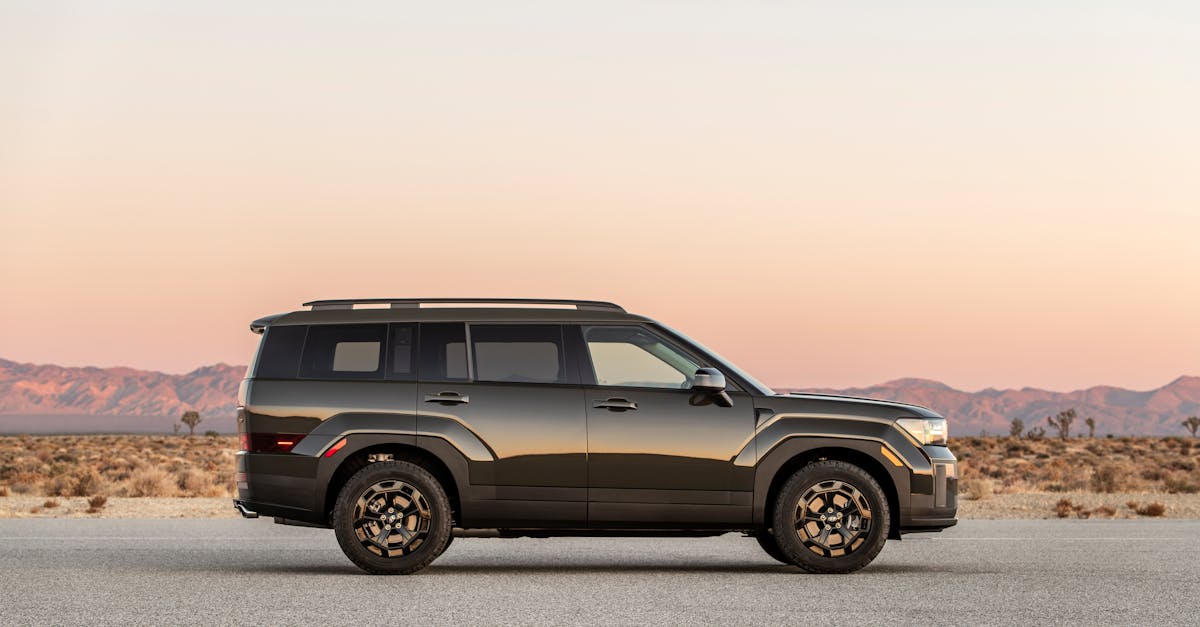In an era where climate change and environmental concerns dominate our discussions, the evolution of the automotive industry has taken a significant turn towards sustainability. Hyundai electric vehicles are at the forefront of this movement, offering innovative solutions that not only enhance driving experiences but also contribute positively to our planet. As we explore their impact on sustainable driving, it becomes clear that they are more than just vehicles; they represent a crucial step towards a cleaner and greener future.
Main Points
- The evolution of Hyundai electric vehicles in the automotive industry.
- How electric vehicles contribute to reducing carbon footprints.
- The innovative technologies driving Hyundai’s electric vehicle lineup.
- The future of sustainable driving with Hyundai’s commitment.

Innovative Technologies Driving Hyundai’s Electric Vehicle Revolution
Hyundai has emerged as a frontrunner in the electric vehicle market, integrating advanced technologies to enhance performance and sustainability. Their commitment to innovation is evident in several key areas:
- Battery Efficiency: Hyundai invests in cutting-edge battery technologies, improving driving range and reducing charge times.
- Smart Connectivity: Advanced infotainment and vehicle-to-everything (V2X) systems create seamless user experiences.
- Autonomous Features: Enhanced safety through semi-autonomous driving capabilities builds consumer trust and interest.
By focusing on these elements, Hyundai is redefining the electric vehicle landscape, making sustainable driving more appealing and accessible.

The Impact of Hyundai’s Electric Vehicles on Sustainable Transportation Trends
Hyundai is leading the charge in the realm of electric vehicles, significantly influencing sustainable transportation trends. By introducing innovative models, Hyundai not only addresses environmental concerns but also shapes consumer preferences. This shift leads to heightened awareness of the importance of sustainable mobility, inspiring other automakers to follow suit.
Moreover, the company’s commitment to reducing emissions enhances its brand image, ensuring a loyal customer base. As a result, Hyundai’s strategies pave the way for a greener future, underscoring the integral role of electric vehicles in modern transportation dynamics.
Conclusion
In conclusion, the rise of Hyundai electric vehicles marks a significant shift towards a more sustainable future in the automotive industry. These vehicles not only embody innovative technology but also demonstrate a commitment to reducing our carbon footprint. Many consumers are now recognizing the benefits of switching to electric options, especially when it comes to cost-efficiency and environmental impact. While some may still have reservations about electric vehicle infrastructure, Hyundai continues to push the envelope with charging solutions and support. This dedication reflects a broader vision for a greener world, where driving contributes positively to our surroundings. Embracing Hyundai electric vehicles could indeed lead to a cleaner, brighter future for everyone.
Frequently Asked Questions
What types of electric vehicles does Hyundai offer?
Hyundai offers a range of electric vehicles including fully electric models like the Hyundai Kona Electric and Hyundai Ioniq Electric, as well as hybrid and plug-in hybrid options.
How does Hyundai ensure the safety of its electric vehicles?
Hyundai ensures the safety of its electric vehicles through rigorous testing, advanced safety features, and adherence to global safety standards. Features include multiple airbags, stability control, and advanced driver-assistance systems.
What is the driving range of Hyundai’s electric vehicles?
The driving range of Hyundai’s electric vehicles varies by model. For instance, the Hyundai Kona Electric offers an estimated range of up to 258 miles on a full charge, while the Ioniq Electric has a range of around 170 miles.

